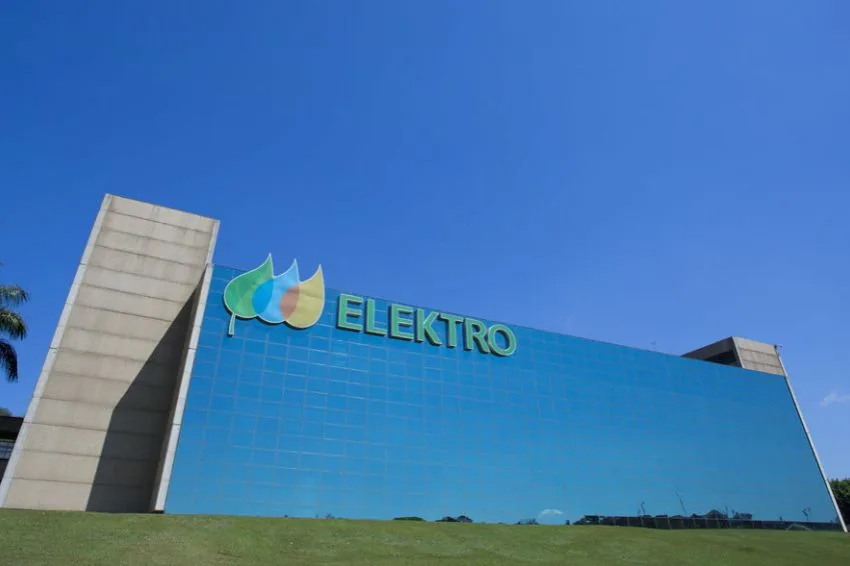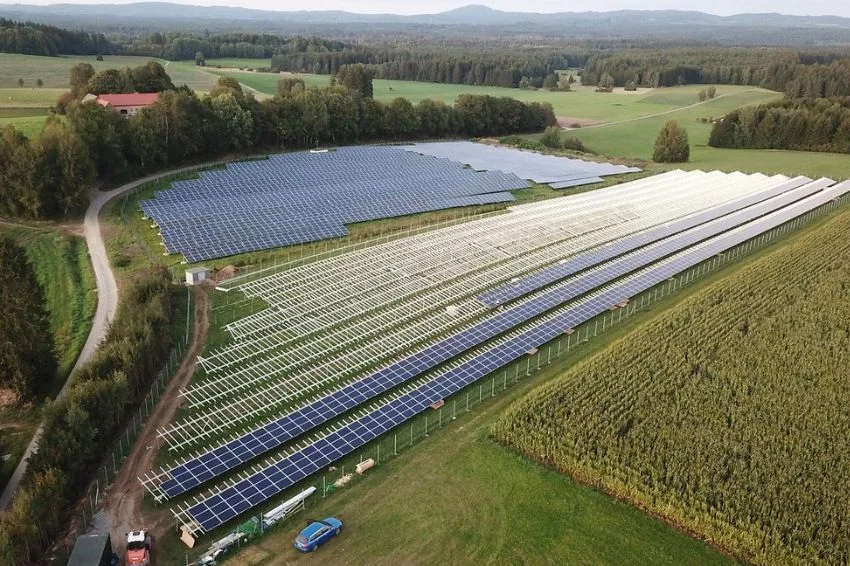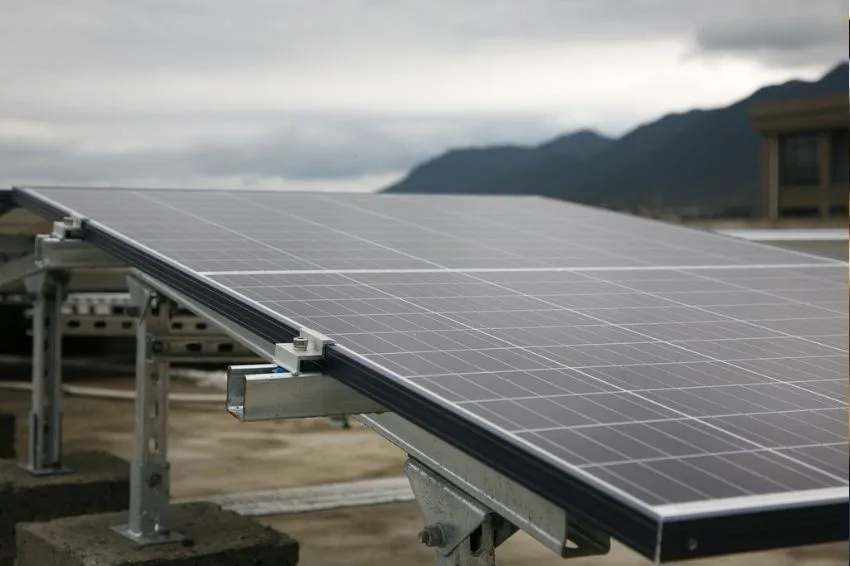The first electric bus operation for road transport in Brazil is destined for the roads of the state of Espírito Santo, serving customers of VIX Logística (Company of the Águia Branca Group) in the charter service for transporting employees. With a chassis produced by BYD, the vehicle uses a Viaggio body, in version 1050, manufactured by Marcopolo.
The pilot project, carried out in partnership with EDP, WEG and Certi, will last 18 months and has a total investment of R$ 6.6 million, consisting of four charging stations – operating in an integrated manner through a platform management.
This will allow testing of functionalities and the business model, with the aim of evaluating the conditions and cost-benefit for possible future expansion, including with other markets and partners.
With autonomy to travel up to 350 km between battery recharges, the BYD D9F is the first vehicle of its type in Brazil intended for short and medium distance charter operations, according to the company.
With power of up to 410 HP and two electric motors integrated into the rear axle wheels, it can be quickly charged in up to four hours. The vehicle is 12.9 meters long and has capacity for 44 passengers.
“We began our story by innovating and we continue to do this every day to offer solutions that solve our customers’ problems and needs. The continuous search to bring what is most modern and efficient to our business is in the DNA of Grupo Águia Branca”, said Renan Chieppe, president of Grupo Águia Branca.
“The arrival of the first electric bus for road use for charter service, by VIX, is another important step in this direction, encouraging us to always remain attentive to new technologies, trends and investments in innovative projects”, added the executive.
“This is a pioneering project. The first electric bus for road use in the country will allow us to understand and evaluate the technical-economic feasibility of electrifying the road passenger transport system. The project will feature tests in a real environment, on selected lines, at several VIX customers, and will enable us to evolve to obtain competitive costs in alternative technologies to diesel to offer and generate value for our customers”, highlighted Kaumer Chieppe, president of VIX Logística .
For Nuno Pinto, head of Electric Mobility at EDP Brasil, the expansion and mass use of buses within the electric mobility ecosystem has great potential to popularize the market, as well as bringing countless environmental benefits by avoiding the emission of CO2 into the atmosphere.
According to Marcello Schneider, director of the bus division at BYD Brasil, investing in electric mobility is always an effective way and has a great impact on the environment. “Each diesel bus replaced by an electric one is a gain for the planet”, he emphasized.
The executive also highlighted the economic advantages of electrical operation. “BYD buses are 100% electric, in addition to being non-polluting, they are economical, with an operating cost 70% lower than a conventional diesel bus”, he concluded.
About the project
EDP is responsible for the general management of the project, in addition to providing electric mobility services and charger operation.
VIX Logística will be the bus operator, which will carry out functionality tests and feasibility analyses.
The project was made possible through a strategic R&D (research & development) call, promoted by ANEEL (National Electric Energy Agency) in 2019.
Also participating in the consortium are the companies WEG, as a supplier of solutions for rapid recharging of the bus's lithium-ion batteries, and Certi, which will contribute with specific market studies, regulatory issues and economic feasibility analyses.
















